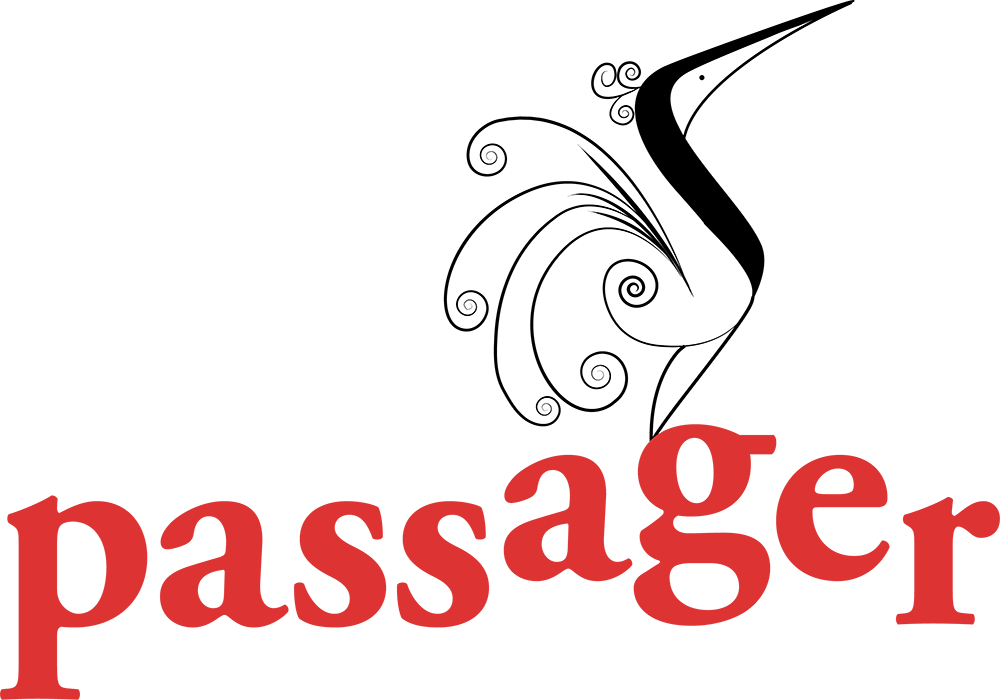Winter Animals


The Groundhog, the Mouse and the Crow, with pieces by Laura Wisniewski, Alene Bricken and Jean Connor.
6 minutes
TRANSCRIPT
It’s mid-winter, time for a show about winter animals. Here’s Laura Wisniewski’s poem “In the Garden.”
In the vegetable Garden there is war.
The Groundhog lacks a moral compass.
And for my Husband,
whose dreams still till the foxholes,
there is nowhere to go beyond food.
For six nights
The Groundhog
has breached the wire fence,
gorging on sugar snaps,
violating the soft inner leaves of romaine.
For six days
my Husband
has sprayed garlic, rattled pans,
urinated in a splendid glistening arc
along the perimeter.
But The Groundhog is undaunted,
a creature who cannot grasp his own
mortality.
My Husband, who longs above all for peace,
has unsheathed his twenty-two.
Sleep, children,
while the world rides upon a wolf
that suckles then devours us.
At dawn
The Groundhog’s body
stiffens among the nasturtiums,
and my Husband stands wide-stanced,
a broken-hearted man
in our Garden of delight.
“In the garden” by the 2014 Passager Poet Laura Wisniewski from Passager Issue 57. Why is it that even though groundhogs hibernate in the winter, they have a winter holiday named after them?
Alene Bricken started writing stories when she was in her 70s. She was 89 years old when Passager published her story “Droppings” in Issue 49. Coincidentally, it’s about another pest of an animal. Here’s an excerpt.
It was twenty past two in the morning when Amy unlocked her apartment door. She headed straight to the kitchen, a tiny, windowless recess. She knew what she would find – a trail of mouse droppings dotting the white Formica counter between the cabinet containing a few mugs and dishes, and on the elderly two-burner stove, along its narrow enamel strip between burners. Then the trail would disappear.
But not tonight. Sitting upright on the lid of the old iron skillet, staring at her with his tiny, shiny, round black eyes, was Himself – the minute intruder. They stared at each other for a charged second then Amy let her breath out with a whoosh and the little creature was gone.
Amy was relieved. Only last week the super, a lazy, miserable stump of a man, had waylaid her on her way to work and asked her if she’d been bothered by rats or mice. Without thinking Amy had nodded.
“Williams’s and 3Bs been complaining.” (Amy’s apartment was on the B line.) “I reported this to Management.”
“And?” Amy was being polite. She knew what the result would be. Zilch.
She was wrong. The Management was distributing traps, glue traps, to all the tenants. Amy could pick hers up next Monday on the shelf under the mailboxes.
GLUE TRAPS! The thought of them made Amy sweat. Visions of the tiny creatures inextricably held, fixed forever in the hardened gummy stuff, starving or, worse, their miniscule mouths stretched wide – screaming in terror . . .
Do mice scream?
Monday had come and gone. Only one trap remained on the shelf in the lobby. The other tenants must have picked theirs up. Miraculously, the mouse – her mouse – was still alive. Thank God for the trail of droppings. Confirmation . . .
. . . The next afternoon, she went to the hardware store and bought a packet of steel wool, the fine kind that painters use. She spent the rest of the afternoon on her knees in her kitchen, looking for holes in the baseboard or floor. She found two “definites” and two “maybes” and poked steel wool into all of them. It was dirty work. She took a long, hot shower and felt much better. She decided not to tell Robbie about the steel wool – he’d been so patient showing her how to bait the trap. Fighting an impulse to close her eyes she baited the contraption with cheese, confident that the mouse would find all roads to the kitchen blocked.
Excerpts from Alene Bricken’s story “Droppings” from Passager Issue 49.
We’ll end with one more winter animal poem, “Possibly a Crow” by Jean Connor.
Something about the slow
wingbeat, the size, the print
of black upon the low gray sky;
the bird’s entering, but
even more, his leaving,
an absence marked by
the sudden widening out
of space, the sky still receptive
to brush strokes of black
long after they have ended. Then,
peace, soft, akin
to a mist-like rain
and in the quiet,
the deepened need
to go on.
Jean Connor’s poem “Possibly a Crow” from her book A Cartography of Peace.
To buy A Cartography of Peace or to subscribe to or learn more about Passager and its commitment to writers over 50, go to passagerbooks.com.
You can download Burning Bright from Spotify, Apple and Google Podcasts, Audible, and a host of other podcast apps.
For Kendra, Mary, Christine, Rosanne, and the rest of the Passager staff, I’m Jon Shorr.



